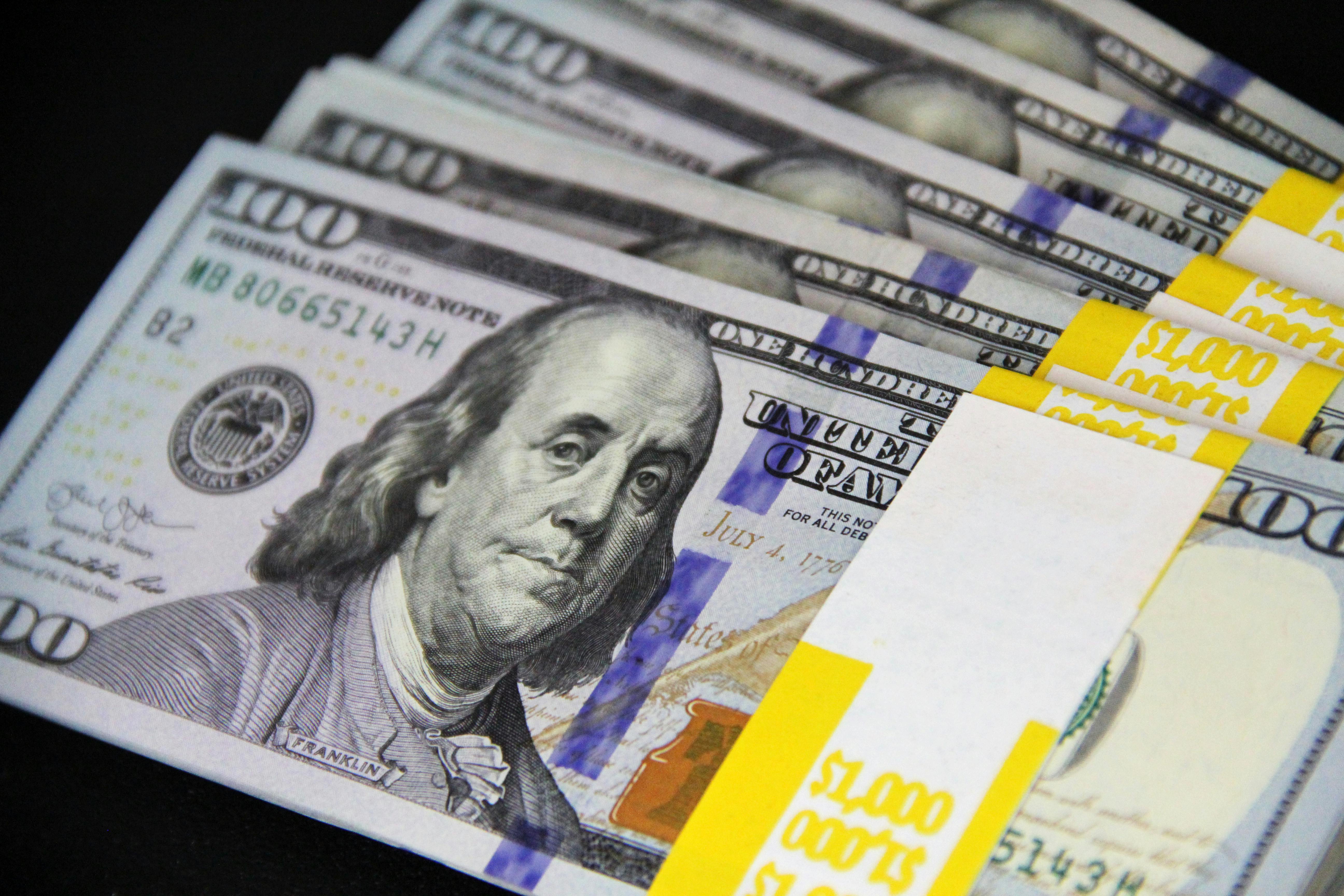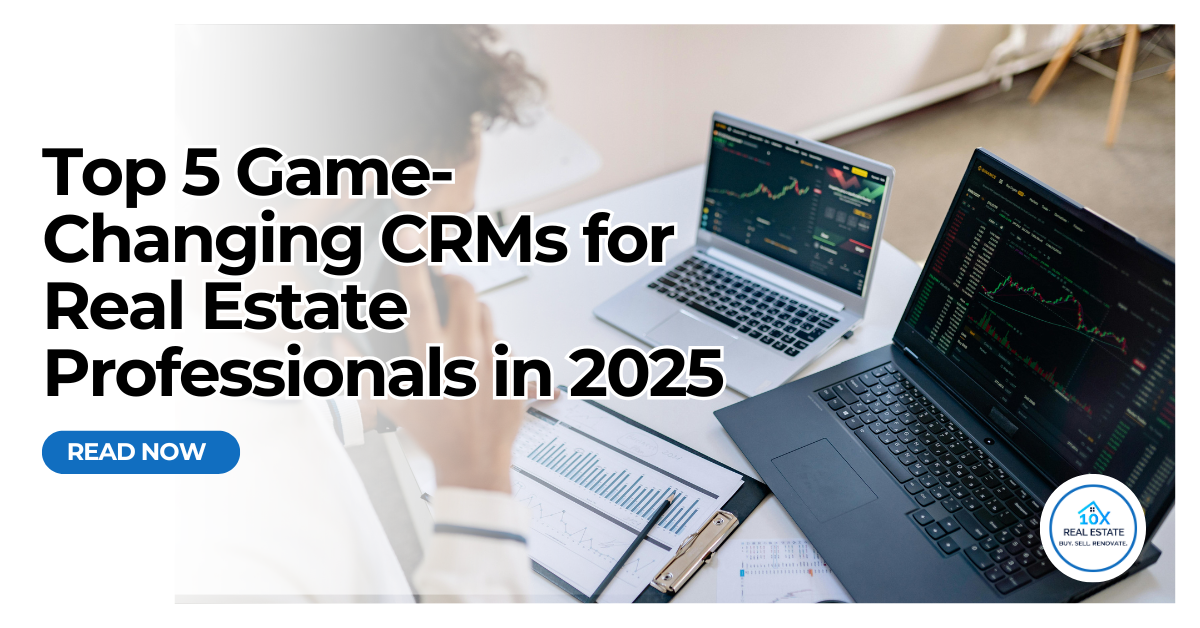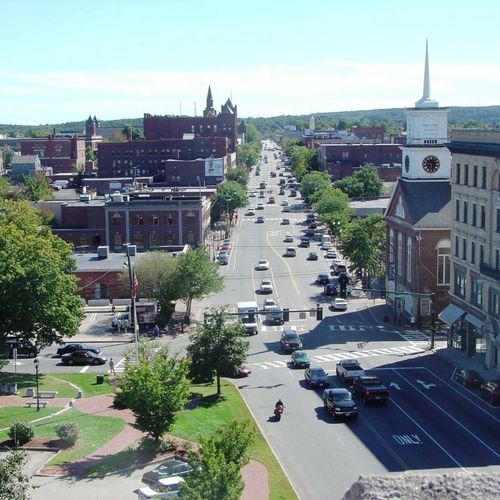Ask any new real estate investor what their goal is, and chances are, they’ll say cash flow. The dream is simple: buy a property, rent it out, and enjoy a steady stream of passive income. Sounds great, right?
But here’s the problem—cash flow isn’t everything. In fact, if you’re not careful, focusing too much on it can actually hurt your long-term wealth.
Let’s break down why the idea of “cash flow as king” is a bit of a myth—and what really matters when building a real estate portfolio.
The Problem with Chasing Cash Flow
1. The Numbers Often Look Better on Paper
Many investors analyze deals expecting a certain amount of monthly cash flow, but they forget about the hidden costs. Things like:
- Higher-than-expected maintenance expenses
- Unexpected vacancies
- Rising property taxes and insurance
- Property management fees
That $300/month in projected cash flow? It disappears fast when you need a new furnace or when a tenant stops paying rent.
2. Market Conditions Can Eat Your Profits
Think your cash flow is safe? Not so fast. Economic downturns, rising mortgage rates, or changes in rental demand can wipe out what once seemed like a solid investment.
For example, many short-term rental owners enjoyed great cash flow—until regulations changed, and suddenly, their properties weren’t rentable anymore. The same thing can happen with long-term rentals when local laws shift or a major employer leaves town.
3. Cash Flow Alone Won’t Make You Wealthy
A lot of high-net-worth investors aren’t buying real estate for immediate cash flow—they’re playing the long game.
Yes, positive cash flow is nice, but real wealth comes from:
✅ Appreciation – Property values increasing over time
✅ Loan Paydown – Your tenants covering the mortgage while you build equity
✅ Tax Benefits – Depreciation and other tax advantages that boost returns
If you buy a property that barely cash flows but appreciates by 10% in a year, that gain could far outshine any extra $200/month in rent.
4. “High Cash Flow” Markets Can Be Risky
Ever see those investors raving about properties that cash flow $500+ per month in cheaper markets? While that sounds tempting, these areas often come with higher risk:
- Tenant turnover – More evictions, missed payments, and property damage
- Slow appreciation – Less long-term value growth
- Unstable economies – Fewer jobs, declining population, and struggling local industries
A property in a strong, growing market with moderate cash flow is often a better investment than a high-cash-flow property in a declining area.
What You Should Focus On Instead
Instead of obsessing over monthly cash flow, think about your total return on investment (ROI). That means looking at:
- Cash flow (yes, it still matters, just not by itself)
- Appreciation potential (long-term value growth)
- Tax advantages (depreciation, 1031 exchanges, and more)
- Loan paydown (building equity over time)
The best investors understand that real estate isn’t just about monthly income—it’s about long-term wealth building.
Final Thoughts: Cash Flow is a Tool, Not the Goal
Don’t get me wrong—positive cash flow is great. But if it’s your only focus, you might be missing out on bigger, more profitable opportunities.
The smartest investors take a balanced approach, looking beyond just the rent check to build real, sustainable wealth.
So next time someone tells you, “You should only buy properties with high cash flow,” ask them: “What about appreciation, loan paydown, and tax benefits?”
That’s how you separate the pros from the amateurs.
ARTICLES YOU MAY LIKE




